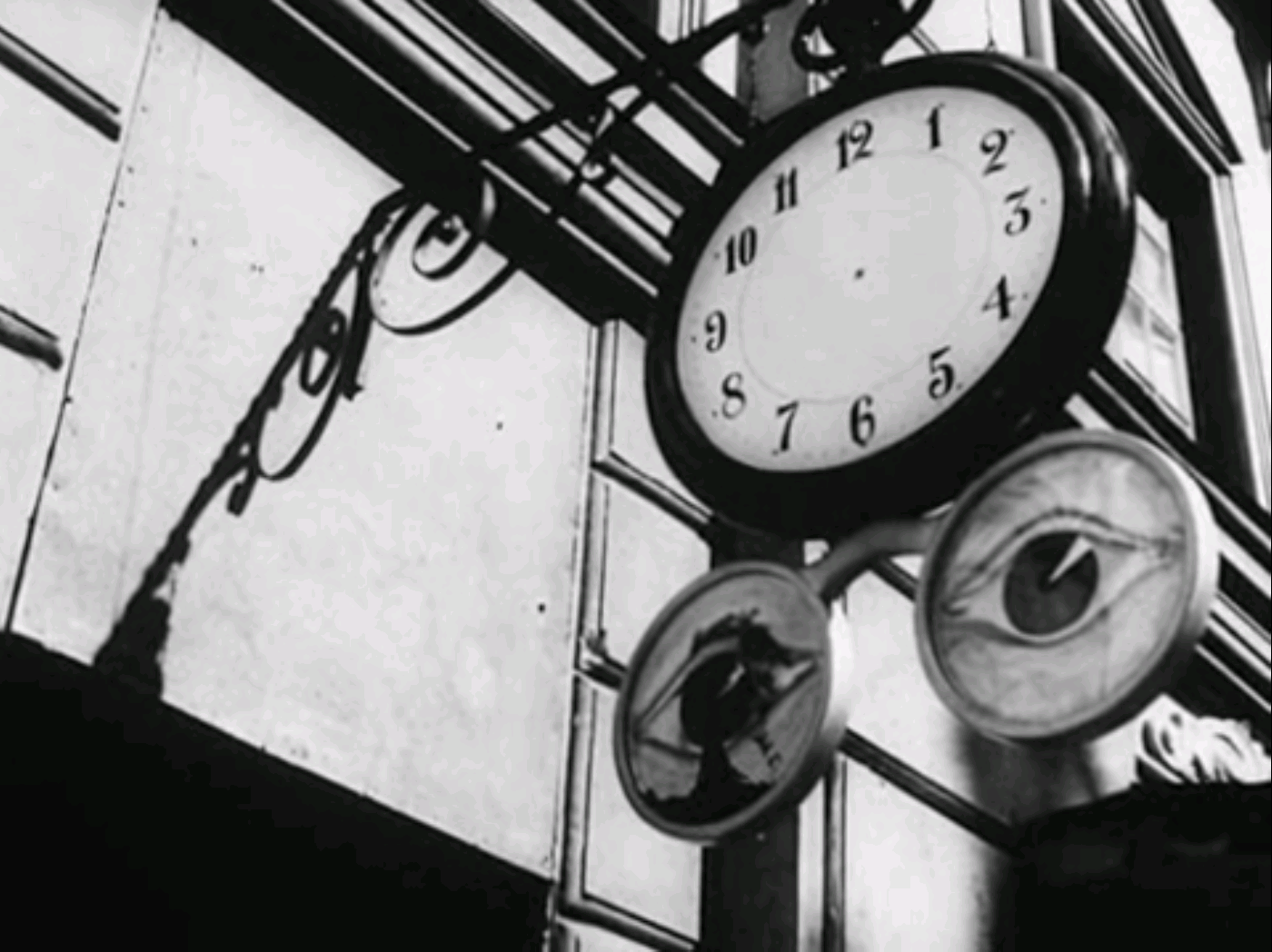Douglas Rushkoff, author of Present Shock, discussing the anarchic nature of the flow of time in the Digital Age in a New York Times interview conducted by Quentin Hardy:
Question:
You say we have ‘a new relationship with time.’ What is it, and why is that a bad thing?
Douglas Rushkoff:
What we’ve done has made time even more dense. On Facebook, your past comes into your present when someone from your second grade class suddenly pops up to send you a message, and your future is being manipulated by what Facebook knows to put in front of you next. Present shock interrupts our normal social flow.
It didn’t have to be this way. When digital culture first came along, it was supposed to create more time, by allowing us to shift time around. Somehow instead we’ve strapped devices to ourselves that ping us all the time.
Question:
Hasn’t time been collapsing for centuries? We moved from the rhythm of seasons to living by the clock in the Industrial Age. We’ve paced in front of the microwave for decades.
Douglas Rushkoff:
Yes, but it has hit a point where we have lost any sense of analog time, the way a second hand sweeps around a clock. We’ve chosen the false ‘now’ of our devices. It has led to a collapse of linear narratives and a culture where you have political movements demanding that everything change, now. The horrible truth is we are linear beings; we can’t multitask, and we shouldn’t keep interrupting important connections to each other with the latest message coming in.
Question:
It’s a funny thing: the counterculture used to talk about ‘Be here now,’ and the need to chase after self-awareness by seeking the eternal present. What is the difference between that world of the “now” and this one?
Douglas Rushkoff:
People are seduced by signals from the world, but that is manipulation, not reality. Computers have learned more about us than we’ve learned about them.•
Tags: Douglas Rushkoff, Quentin Hardy

